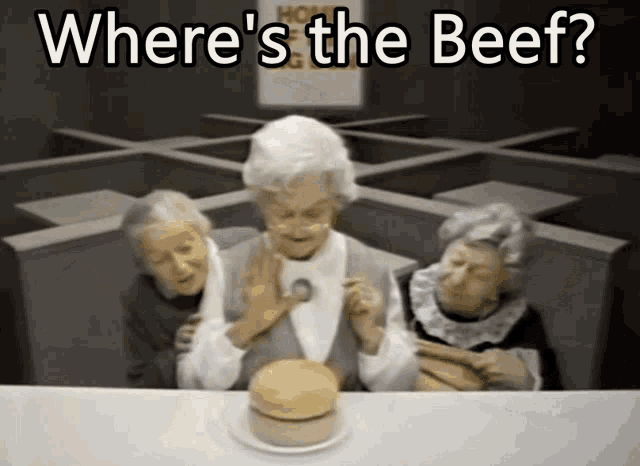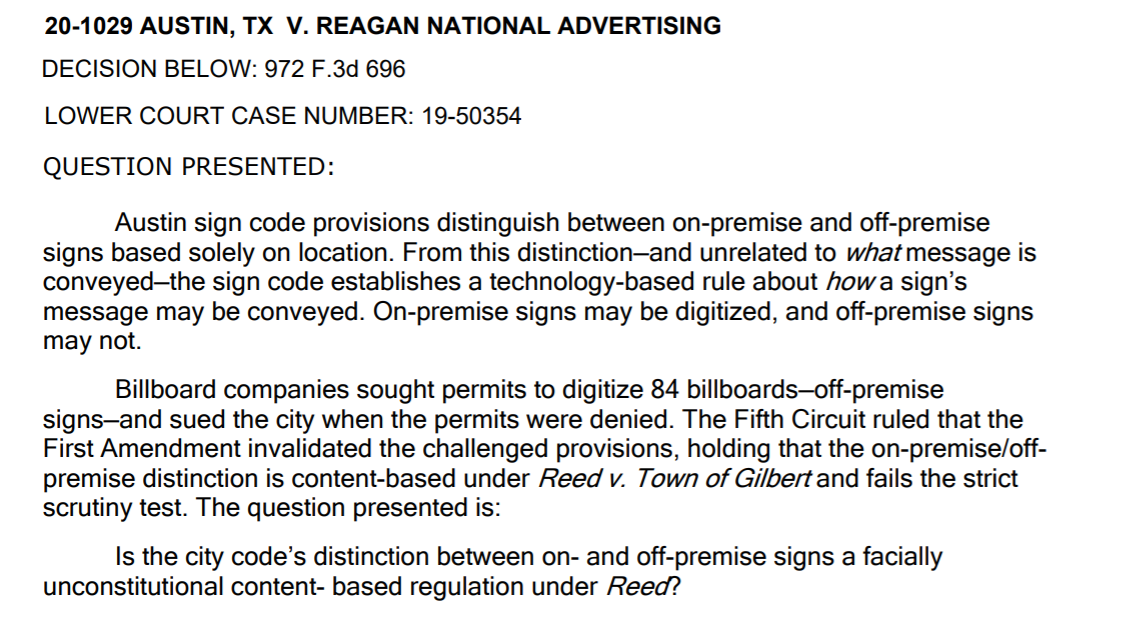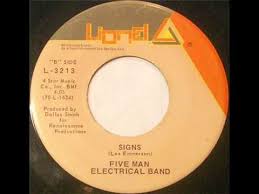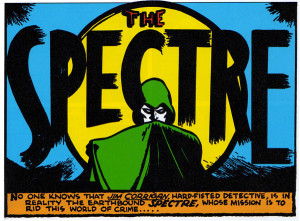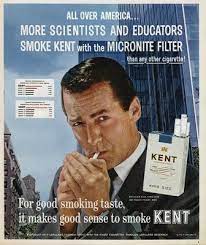 In the 1950s, Big Tobacco advertised the safety of “Kent with the Micronite Filter,” which was unfortunately made with an exceptionally dangerous form of asbestos. After decades of advertising bans and mandatory disclosures, the battle over cigarette ads continues, leading most recently to R.J. Reynolds Tobacco Co. v. FDA – a First Amendment challenge to new, more graphic disclosures about the potential harms of smoking.
In the 1950s, Big Tobacco advertised the safety of “Kent with the Micronite Filter,” which was unfortunately made with an exceptionally dangerous form of asbestos. After decades of advertising bans and mandatory disclosures, the battle over cigarette ads continues, leading most recently to R.J. Reynolds Tobacco Co. v. FDA – a First Amendment challenge to new, more graphic disclosures about the potential harms of smoking.
The Fifth Circuit rejected the challenge (reversing a contrary district-court opinion) and remanded for consideration of claims involving the Administrative Procedure Act. As to the First Amendment issues, the Court summarized:
When determining whether Zauderer applies, (1) images can be factual; (2) ideological or emotion-inducing statements are not per se controversial or non-factual; (3) “uncontroversial” means not subject to good-faith dispute about the accuracy of the factual statement; and (4) legitimate state interests other than the prevention of consumer deception are cognizable under Zauderer. For the reasons detailed above, the district court erred by finding Zauderer inapplicable to the FDA’s newest Warnings. Applying Zauderer, the Warnings survive constitutional muster against the First Amendment challenge.
No. 23-40076 (March 21, 2024).

